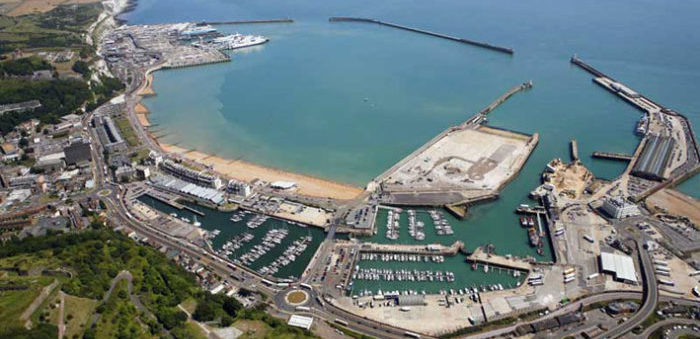The Port of Dover is Europe’s busiest international roll-on roll-off ferry port, handling up to €136 billion of trade or 17% of the UK’s trade in goods. Many were the reports according to which the port could be severely affected in light of Brexit.
Despite the reports that Port of Dover might face challenges after the Brexit, it actually has the resilience to cope with moderate disruption arising and there is latent short sea capacity to absorb significant overflow at the port in the event of capacity constraints, according to an independent study by global shipping consultancy Drewry.
The new CEO of the Port of Dover, Mr Doug Bannister, when asked about what follows after the Brexit and how the port is to be affected, answered
You say that the Port of Dover is very dependent on trade with the European mainland, but I would turn the statement around to say that UK and European trade is very dependent on the Port of Dover’s ferry operation.
Moreover, Mr Bannister, during an ESPO interview, also discussed about 2045 plans, as according to the new CEO, the port was the first British one to implement a comprehensive 30-year master plan.
We want to be the port of choice that sets the standard.
In addition, the port has been collaborating with Government Departments to address the practical issues of keeping trade flowing freely. As the new CEO noted, it is clear that the Dover Straits route provides the most popular and efficient connection for trade between the UK, Ireland and Europe – keeping all borders open will enable this key route to provide the essential support to Britain’s economy – factories stay busy, our distribution system remains efficient, shops are full of the goods we want to buy and so prices remain low for the consumer.
Concluding, the port is committed to pro-actively managing and delivering a sustainable port operation that will minimise environmental impacts, promote good environmental practice and ensure the service of the Port’s future generations.




























































